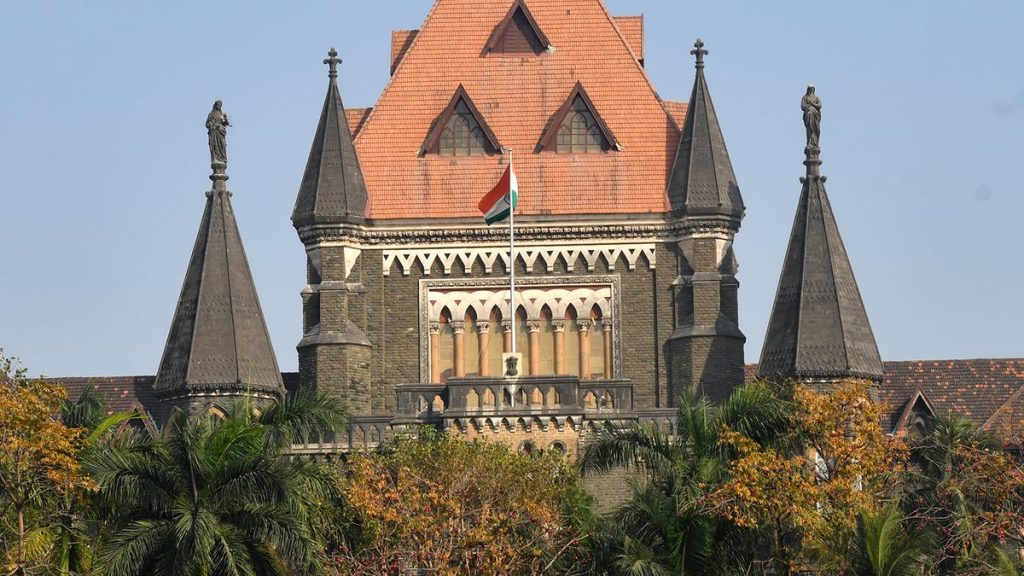Now Reading: Tamil Nadu to Set Up Panel to Simplify Business Licensing Process
-
01
Tamil Nadu to Set Up Panel to Simplify Business Licensing Process
Tamil Nadu to Set Up Panel to Simplify Business Licensing Process

Rapid Summary
- Tamil Nadu Government Action: The tamil Nadu government has decided to form a committee to review a representation on simplifying procedures for obtaining trade and business licenses in village panchayats.
- Minister’s Statement: Rural Development Minister I. Periyasamy announced that the government would decide on rules based on the committee’s recommendations.
- Representation Submitted: The Tamil Nadu Vanigar Sangankalin Peramaippu raised concerns about existing processes in a meeting with Chief Minister M.K.Stalin.
- Legislation Reform Details: The state recently notified new rules under the Tamil Nadu Village Panchayats (Grant of Trade or Business License) Rules, 2025. This includes revising old procedures and amending terminology from “dangerous and offensive trade licence” to “trade license” following recommendations by the Sixth Finance Commission.
Indian opinion Analysis
The decision by the Tamil Nadu government to establish a committee addressing licensing issues signifies an effort toward administrative simplification and better governance at local levels. Trade licenses are critical for village-level businesses, small traders, and entrepreneurs as they provide formal recognition necessary for operations. Complex or outdated processes can hinder economic activity,particularly among rural communities who may lack resources or expertise to navigate bureaucracy.
The notification of revised licensing rules suggests progress toward standardization across panchayats while accommodating finance commission reforms that appear aimed at more inclusive terminology (e.g., renaming “dangerous trades”). Engagement with stakeholders such as trader associations indicates an intent towards greater inclusivity in policymaking.
For India addressing such concerns reflects broader challenges in balancing regulatory rigor with ease of doing business-especially vital for rural economies where livelihoods depend substantially on timely procedural resolutions. Simplified frameworks strengthen trust between regulators and businesses while promoting broader rural economic growth.Read More: Original Article























